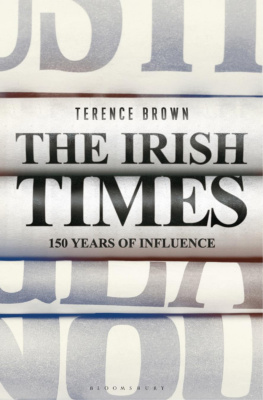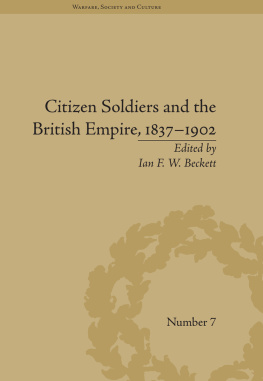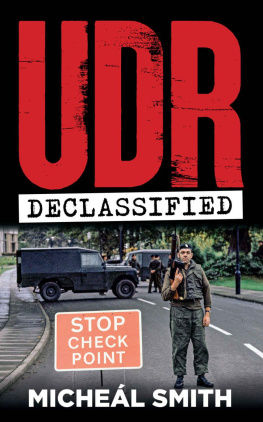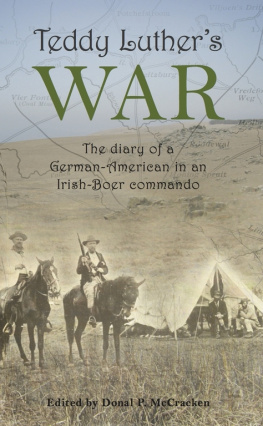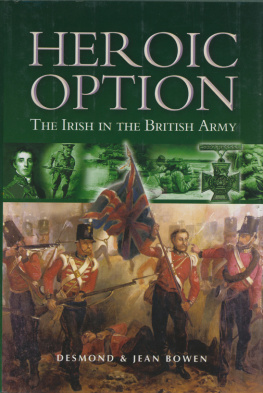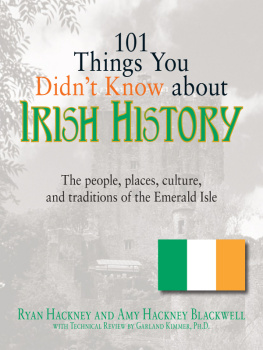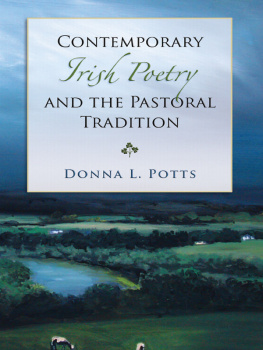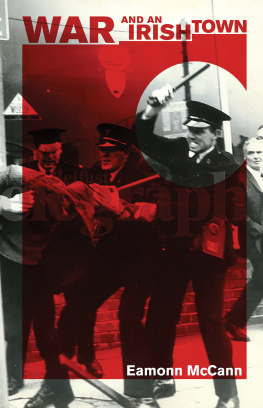Copyright William Butler 2016
The right of William Butler to be identified as the author of this work has been asserted by him in accordance with the Copyright, Designs and Patents Act 1988.
Published by Manchester University Press
Altrincham Street, Manchester M1 7JA
www.manchesteruniversitypress.co.uk
British Library Cataloguing-in-Publication Data
A catalogue record for this book is available from the British Library
Library of Congress Cataloging-in-Publication Data applied for
ISBN 978 0 7190 9938 0
First published 2016
The publisher has no responsibility for the persistence or accuracy of URLs for any external or third-party internet websites referred to in this book, and does not guarantee that any content on such websites is, or will remain, accurate or appropriate.
Typeset in 10.5/12.5 Adobe Garamond by
Servis Filmsetting Ltd, Stockport, Cheshire
This book is the product of many years of research, and during the process I have incurred many debts. Firstly, I would like to thank my PhD supervisor, Professor Ian Beckett, for his support and advice, and for his constructive criticism of my work. In particular, I would like to mention my primary PhD supervisor, Dr Timothy Bowman, for his faith in my ability as a historian, as early as my second year as a War Studies undergraduate at the University of Kent, throughout my Masters year, and during the course of work on my thesis and the writing of this book. Without his thoughts, interest, and support I would not have had the initial confidence to undertake this work. I would also like to take the opportunity to thank my PhD examiners, Professor Alvin Jackson and Professor Mark Connelly, for their comments and thoughts, and for their advice as to what and where to go next in my future endeavours. The two anonymous reviewers appointed by Manchester University Press also offered much appreciated guidance and constructive criticism, and for that I thank them.
I would like to thank the School of History at the University of Kent, partly because they have provided me with a nurturing environment for the last nine years but also because they facilitated my PhD studies through the award of a scholarship. Vanessa Nedderman and those within the Partnership Development Office at the University have also given me the freedom and flexibility to complete this book, and for that I am very grateful. In Belfast, I owe a debt of gratitude to a number of staff at the Public Record Office of Northern Ireland, especially Liam OReilly, Carrie Green, Bethany Sinclair, and particularly Ian Montgomery. Without their help a crucial section of this book would not be what it has become. I would also like to thank Amanda Moreno and Jonathan Maguire of the Royal Irish Fusiliers and Royal Ulster Rifles Museums for granting me access to more vital material and being most helpful. In Dublin, I would like to thank the staff at the National Library of Ireland, and at Trinity College Library. In London, I would also like to thank the staff at the National Archives, Kew, the British Library, and the National Army Museum for answering my seemingly endless requests.
On a personal note, I wish to thank my family, my parents, and my brother, for their constant support and encouragement from an early age, even as a teenager with a more than unusual interest in history. My grandparents were always at the forefront of encouraging this interest and the book is dedicated to them. Id specifically like to thank my closest friend, Mario Draper, for his unending support, advice, and comments on my work. I am particularly grateful for his ability to read and reread seemingly endless drafts with little complaint, and to still want to hear more about my plans and future work.
Finally, and most importantly, I would like to thank my wife, Emily. Without her by my side over the past five years none of this would have been possible. Her constant support, her ability to listen to my endless talk on the militia, yeomanry, or Home Guard, and her constant encouragement have made this all the more possible.
The study of the auxiliary forces of the United Kingdom is an important one, and this is in no small part down to Britains historical reliance on sea power and a small standing army with Imperial obligations. This left the need for an amateur force at home both to protect against invasion from a foreign aggressor and to keep internal order within the country itself. This was carried out through use of the amateur forces as an aid to the civil power and through a form of social control by encouraging participation within the various amateur bodies. As has been identified by Ian Beckett in his crucial work on the amateur military tradition in Great Britain, auxiliaries provided a direct link between the army and society. These auxiliary forces have taken many different forms, with wide-ranging degrees of popularity throughout British history. Specifically since the beginning of the Crimean War in 1854, they have included the militia (later to become the Special Reserve), the yeomanry, the Rifle Volunteers, the Territorial Force (later the Territorial Army), the Home Guard, the Officer Training Corps, and the Volunteer Training Corps. In Ireland, this also extended as far as the Ulster Defence Regiment as late as 1992, and, beyond that, the Royal Irish Regiment Home Service Battalions, which formed part of the regular army. All of these institutions and traditions have, in different degrees of detail, been assessed by historians over time, with a general focus on an English amateur military tradition, followed, to a lesser extent, by the Scottish experience of amateur soldiery.


